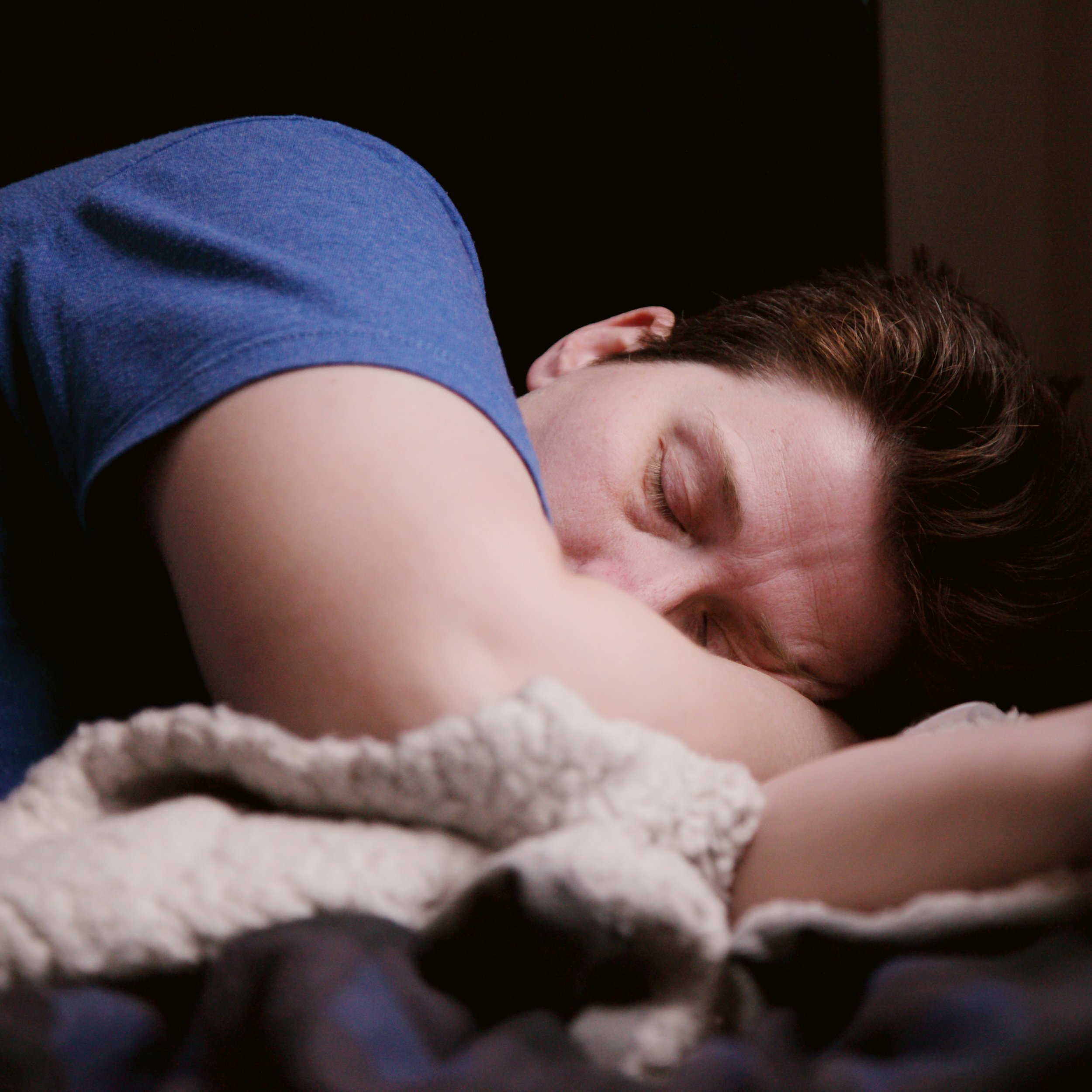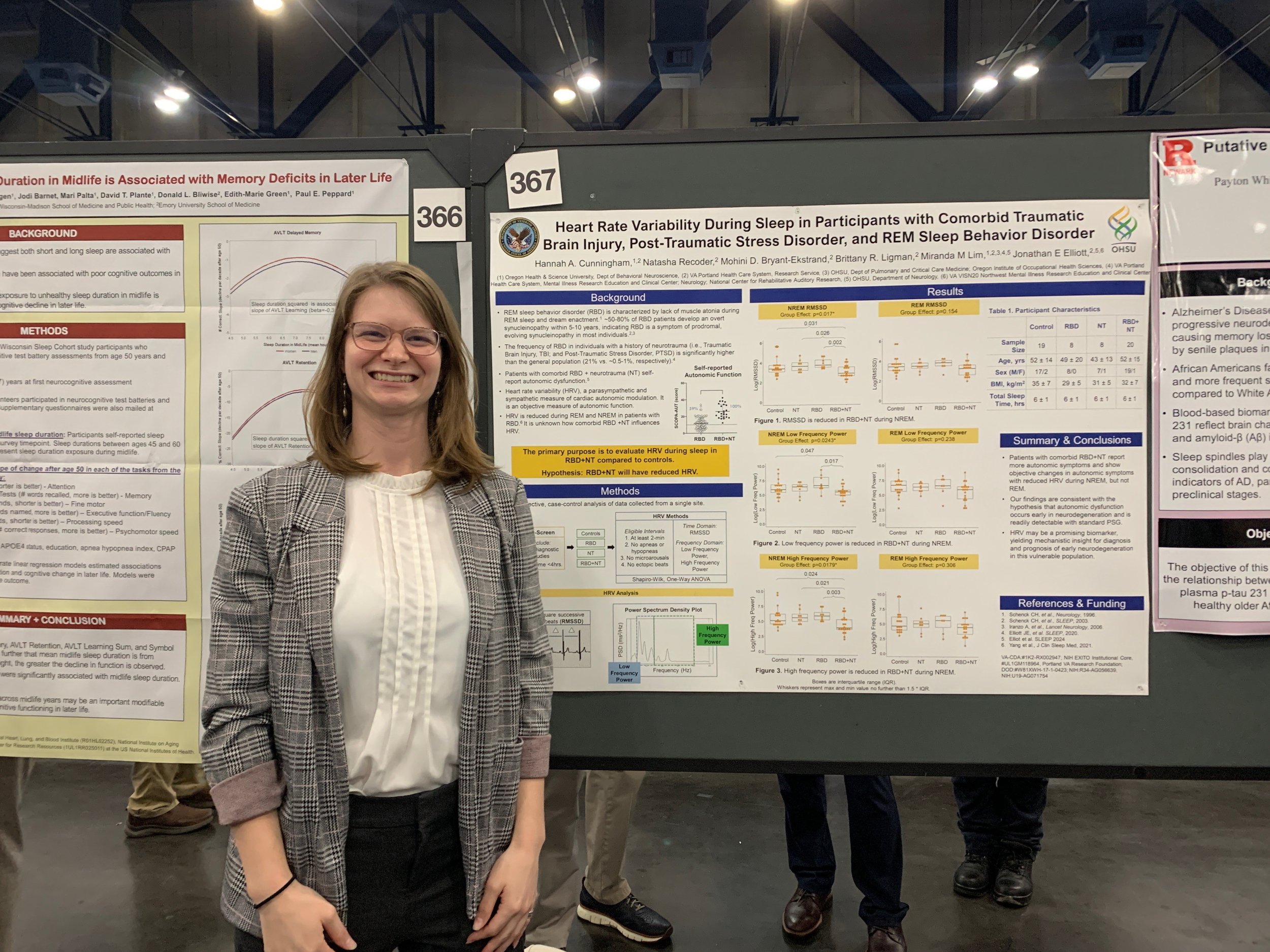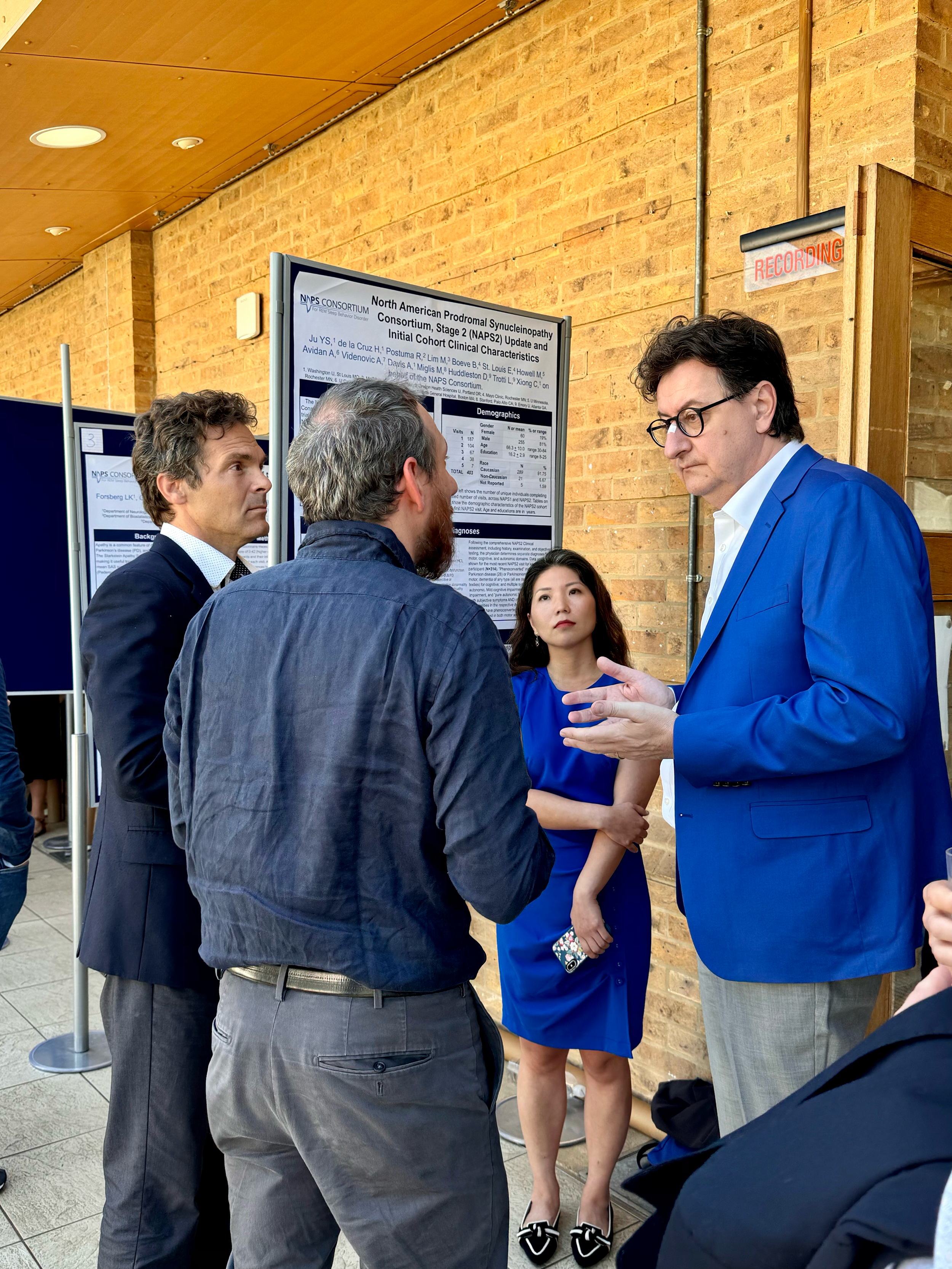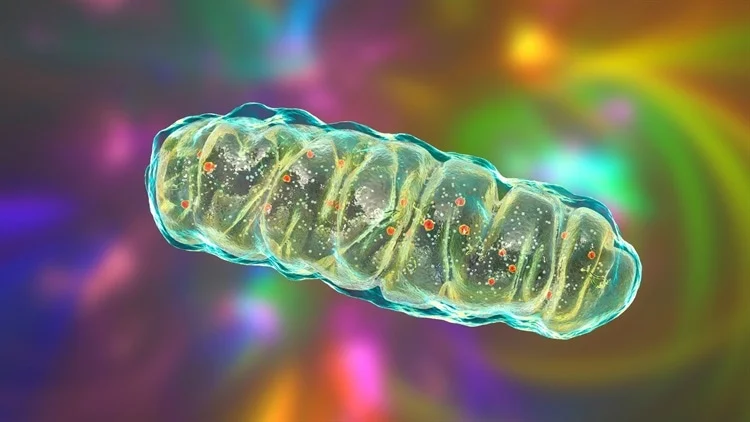
Is Sleep the Ultimate Brainwasher? 🧼🧠
Researchers at Washington University School of Medicine discovered that during sleep, brain cell activity generates fluid movement that clears debris from the brain.
This process, driven by synchronized neural activity producing rhythmic waves, is crucial for removing metabolic waste, potentially offering new approaches to treating neurodegenerative diseases like Alzheimer’s and Parkinson’s.

The Research Renaissance: Exploring the Future of Brain Science Podcast | Unlocking the Mysteries of Sleep with Dr. Alon Avidan
In this podcast, Dr. Avidan shares his insights on how sleep impacts brain health and explores the bidirectional relationship between sleep disorders and neurodegenerative conditions such as Parkinson’s disease and Alzheimer’s disease.

From “Fits” to Parkinson’s Disease
NAPS Investigator, Alon Avidan, MD, and a team of researchers measured the extent of diagnostic delay and identified common misdiagnoses. The range of initial diagnoses given at time of presentation included night terrors, nightmares, anxiety/panic, severe obstructive sleep apnea, Parkinson’s disease, and foodborne illness.

Sleep Position May Influence Risk for Neurodegenerative Diseases
A new study from the Mayo Clinic suggests that sleeping in the supine position may be a modifiable risk factor for neurodegenerative diseases such as Alzheimer’s, Parkinson’s, and mild cognitive impairment.

Heart Rate Variability During Sleep in Participants with Comorbid Traumatic Brain Injury, Post-Traumatic Stress Disorder, and RBD
NAPS Investigator, Miranda Lim, MD, Hannah Cunningham, and a team of researchers from Oregon Health & Science University conducted a study to compare heart rate variability during sleep in patients with both RBD and neurotrauma (RBD+NT) in comparison to only RBD, only neurotrauma, and controls.

Annual International RBD Study Group Meeting | June 2024
The annual International RBD Study Group meeting took place in the United Kingdom in June.
Several NAPS investigators and support teams attended and contributed to leading discussions for the event. They highlighted advancements in clinical research, discussed research design and outcomes, and shared updates from the NAPS study.

REM Sleep Behavior Disorder (RBD): Personal Perspectives and Research Priorities
Dr. Carlos Schenck from the Minnesota Regional Sleep Disorder Center recently published a paper that offers a historical and personal perspective on REM Sleep Behavior Disorder (RBD) since its original discovery in 1985. As we approach the 40th anniversary of this discovery, Dr. Schenck's insights shed light on the significant milestones achieved following his initial observation in 1986.

High-Intensity Exercise Can Reverse Neurodegeneration in Parkinson’s Disease
A new study suggests that high-intensity exercise may not only slow down but also potentially reverse neurodegeneration in Parkinson’s disease by preserving and enhancing dopamine-producing neurons. This finding is significant as it demonstrates, for the first time via brain imaging, that intense exercise can positively alter the brain's biology in Parkinson’s patients.

New Blood Test Pinpoints Parkinson's Disease Through Mitochondrial DNA Damage
In a recent study published in the journal Science Translational Medicine, researchers investigate the potential of mitochondrial deoxyribonucleic acid (mtDNA) injury as a serological marker for Parkinson's disease (PD) using the novel Mito DNADX test.
